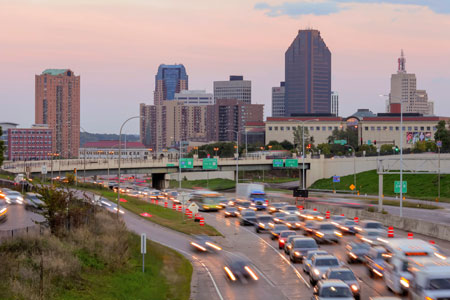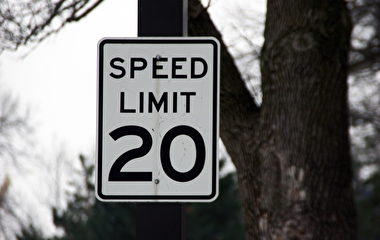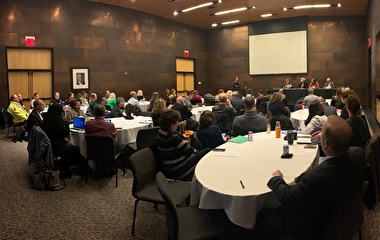The impact of traffic congestion on access to jobs differs significantly among major US cities. According to the Access Across America: Auto 2018 study from the U’s Accessibility Observatory, the Minneapolis–Saint Paul metro area ranked 6th in terms of job accessibility but 28th in the reduction in job access due to congestion. In fact, the Twin Cities this year edged above the much-larger Houston, which ranks 7th in job accessibility even though it has a million more jobs.
“Every year I look at these results, it’s stunning how well the Twin Cities does in making it easier to get to work compared to other major US metros,” says Andrew Owen, director of the Observatory. “We have a well-designed and well-managed transportation network that connects people to lots and lots of jobs.”
By contrast, Philadelphia ranks 6th nationally in total jobs but 13th in access to those jobs and 13th in congestion delays. The Boston metro, which ranks 10th in total jobs, also faces significant challenges, ranking 5th in congestion delays and 17th in accessibility.
Key factors affecting the rankings for any metro area include the number of jobs available and where they are located, the road network structure, traffic management practices, the provision of alternate transportation modes, and population size, density, and location. Better coordination of transportation systems with the location of jobs and housing improves job accessibility by auto.
The annual study, part of the Access Across America study that began in 2013, ranks the 50 largest (by population) metropolitan areas in the United States for connecting workers with jobs by auto and measures the delay getting to those jobs due to traffic congestion.
Rankings of the top 10 metro areas for job accessibility by auto in 2018 changed only slightly from the previous year, with Los Angeles, New York, and Dallas topping the list.
Rankings for the top 10 metro areas for loss in job accessibility due to congestion are topped by Los Angeles; Riverside, California; and New York. The Washington, DC, metro area fell to 8th, likely due to the unavailability of census data on federal workers.
This year’s report also includes detailed block-level maps that illustrate the spatial patterns of accessibility within each area.
The research is sponsored by the National Accessibility Evaluation Pooled-Fund Study, a multi-year effort led by the Minnesota Department of Transportation and supported by partners including the Federal Highway Administration and 12 additional state DOTs.
The Observatory is the nation’s leading resource for the research and application of accessibility-based transportation system evaluation.
Top 10 metro areas with the greatest
|
Top 10 metro areas where congestion causes the greatest percentage reduction in job accessibility: |
|
|



